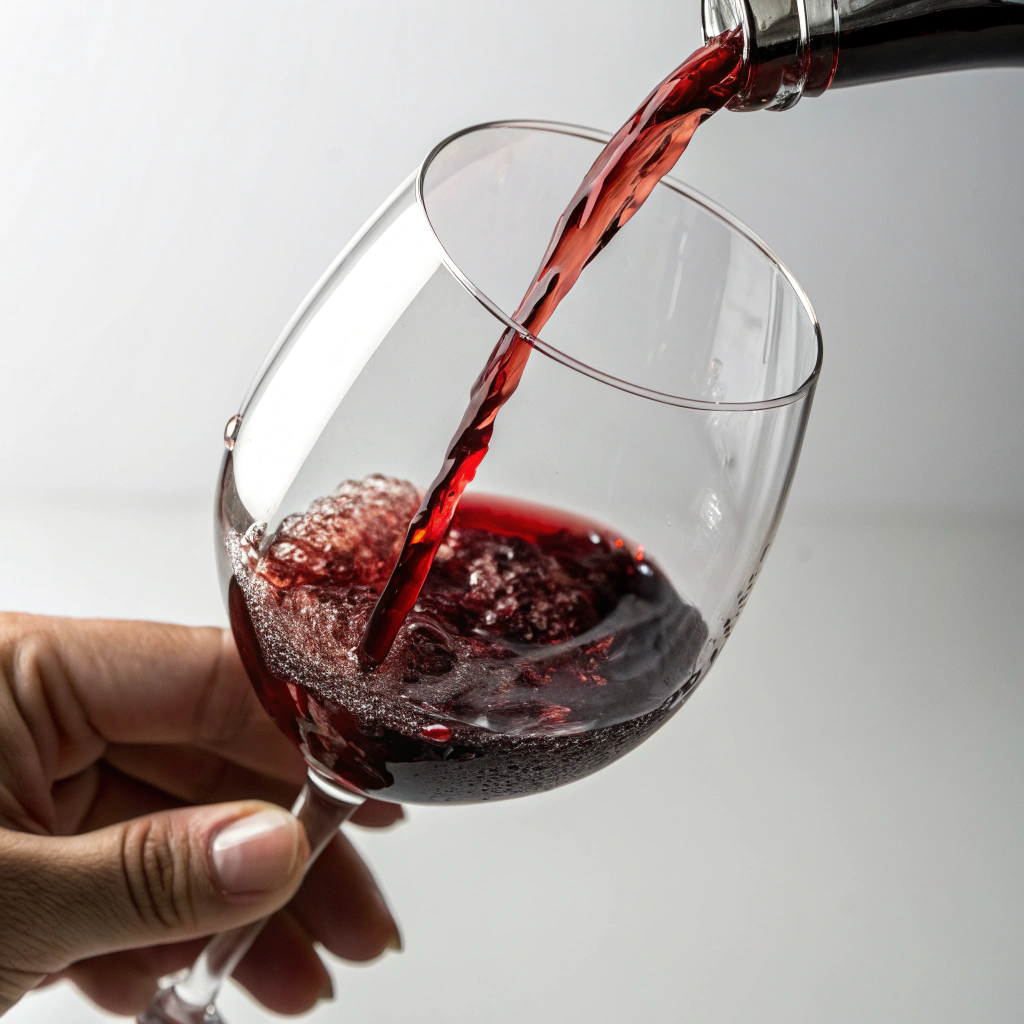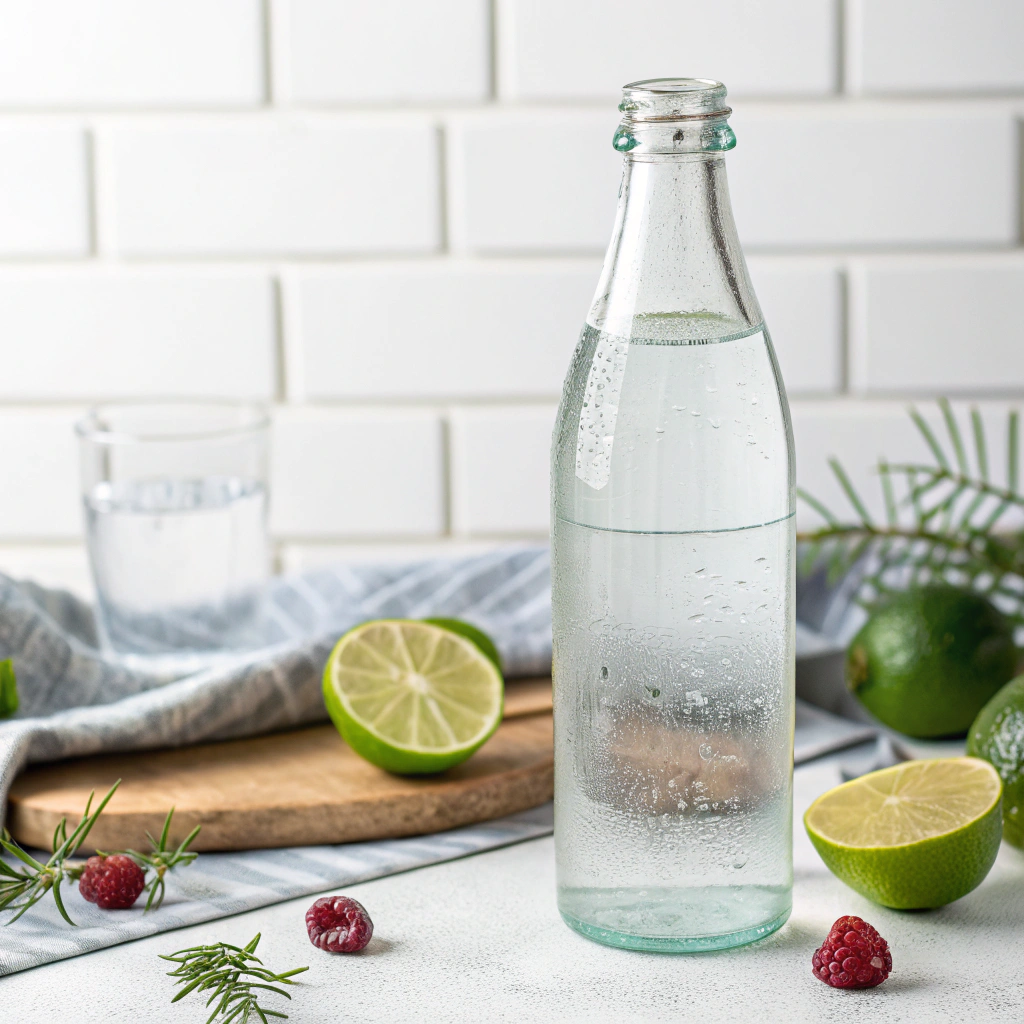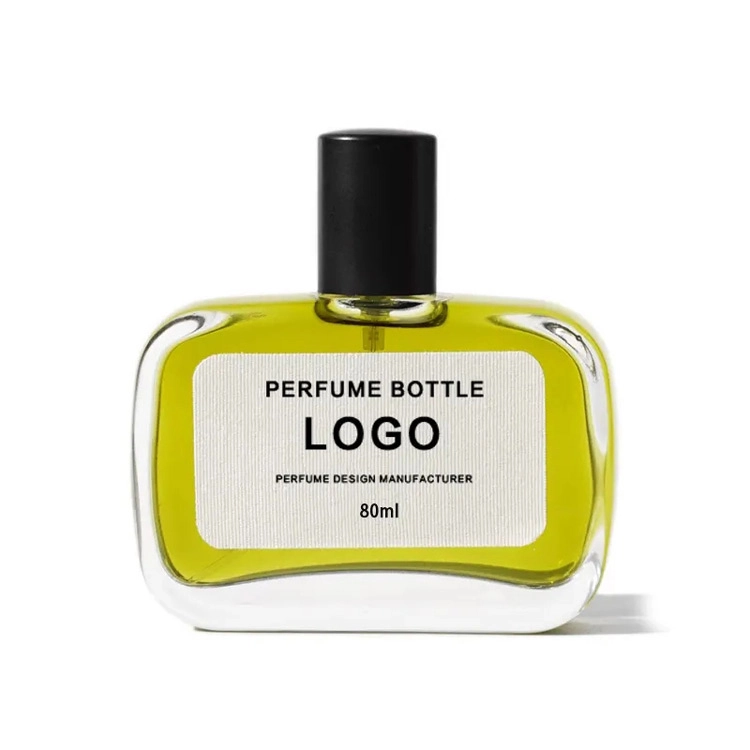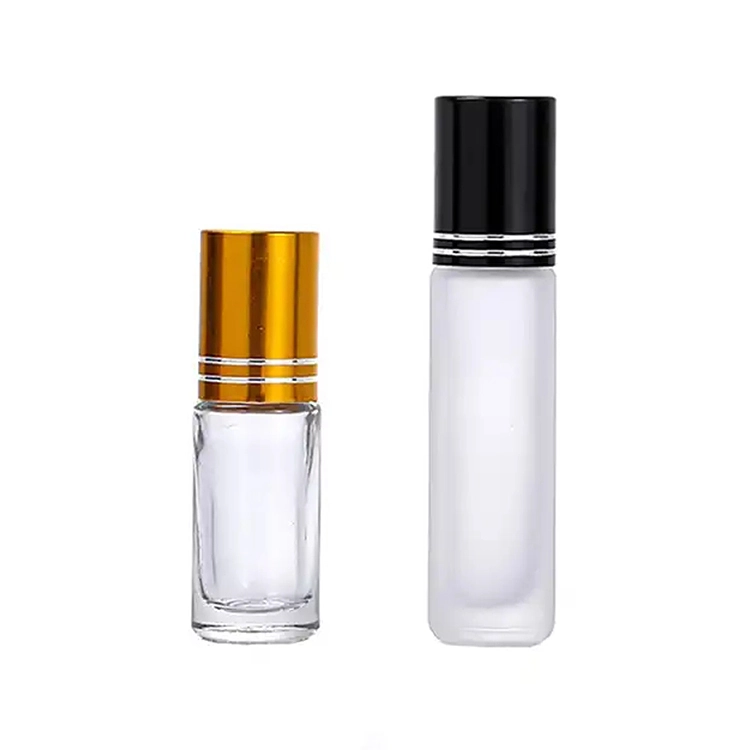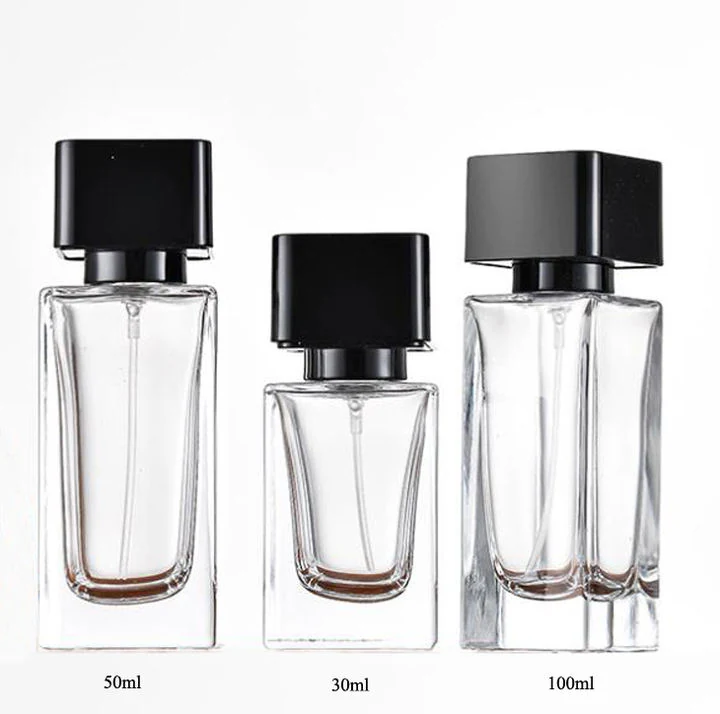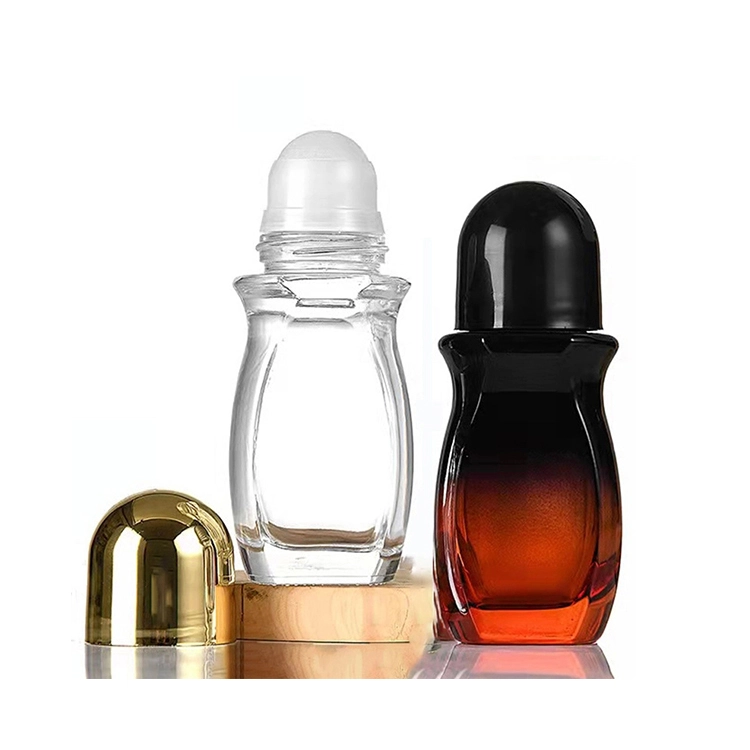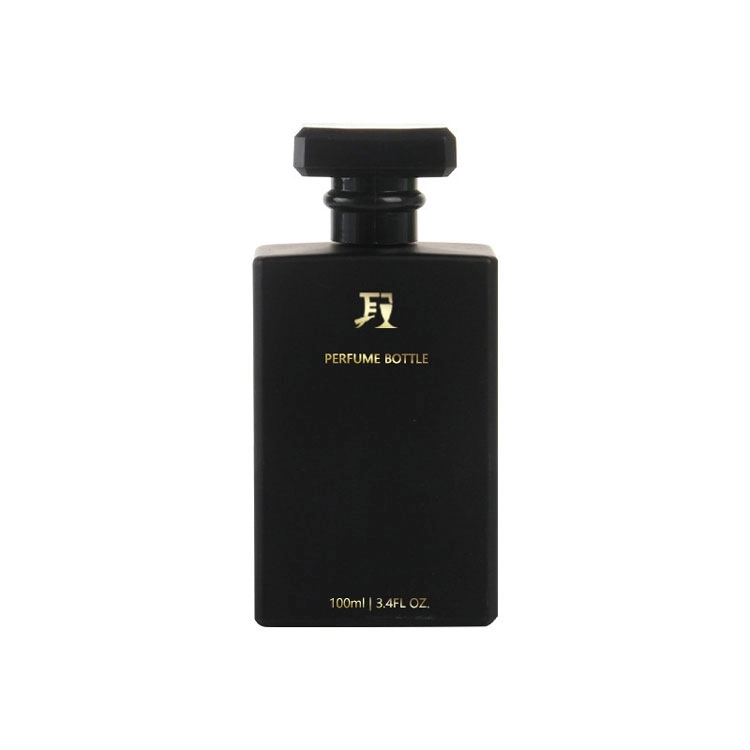
Part 1: Market Size and Growth
The Solomon Islands does not have large-scale glass bottle manufacturing plants. Most glass bottles are imported from Australia, New Zealand, and Asia, since the domestic market is too small to sustain heavy industry. Local businesses, however, depend on a steady supply of bottles for beverages, food products, and cosmetics.
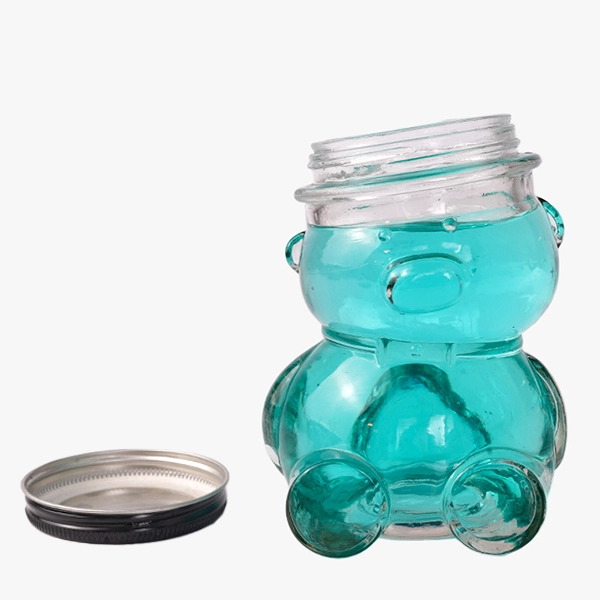
Beer, soft drinks, spirits, and artisanal food items are the main sectors using glass packaging. Hotels and resorts also prefer glass bottles, particularly in the tourism industry. As sustainability awareness grows, glass packaging is favored over single-use plastics.
The government supports recycling and waste reduction initiatives, which further encourage the use of glass bottles. While imports dominate, small distributors and recycling programs help meet demand locally.
Part 2: Leading Companies
Solomon Breweries Limited (SolBrew) Packaging Division
Solomon Breweries Limited, part of the Heineken Group, is the largest beverage producer in the Solomon Islands. Established in 1993, it operates its own bottle reuse and recycling system.
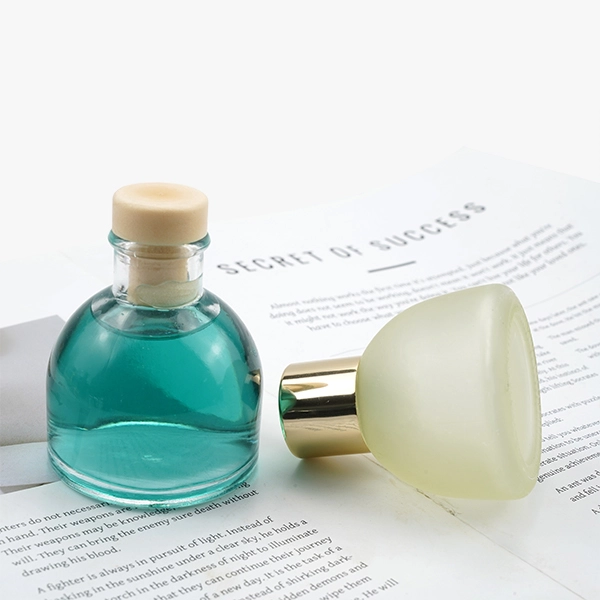
The brewery produces popular beer brands like SolBrew Lager and SB Draught. It relies on imported glass bottles but reuses them extensively to reduce costs and waste. Industries served include brewing, hospitality, and tourism. SolBrew follows Heineken’s global sustainability standards.
Island Imports & Packaging
Island Imports & Packaging is a distributor based in Honiara that supplies imported bottles for food, beverages, and cosmetics.
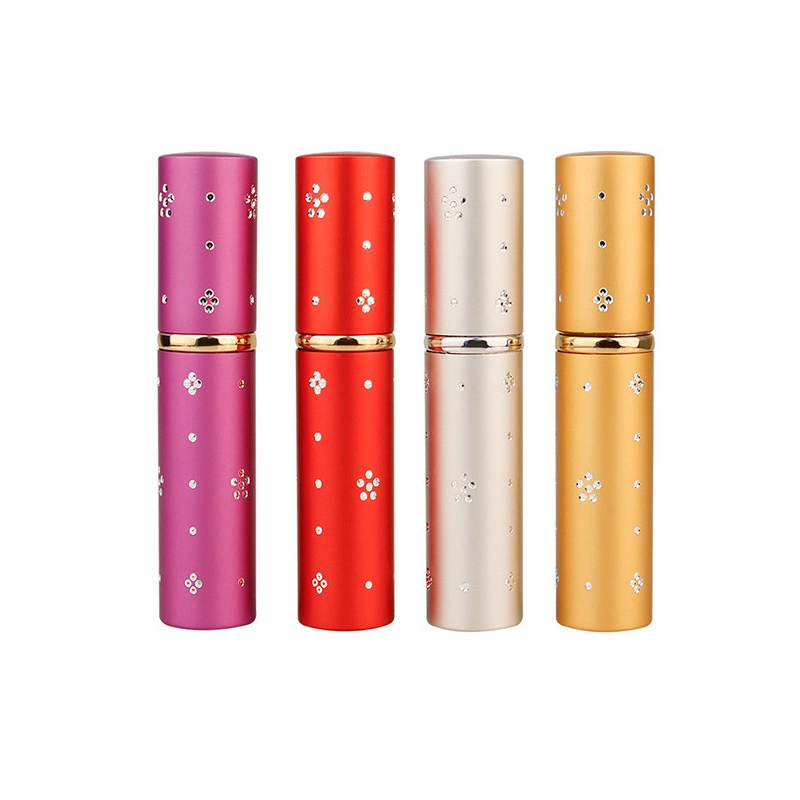
The company sources bottles from Australia and Southeast Asia. Its industries include sauces, spirits, perfumes, and artisanal drinks. Its strength lies in logistics and providing flexible order sizes for small businesses. Certifications are based on its supplier network.
Eco Recycling Solomon Islands
Eco Recycling is a local initiative promoting bottle collection and recycling. While it does not manufacture bottles, it plays a crucial role in providing cullet (recycled glass) for regional suppliers and encouraging reuse.
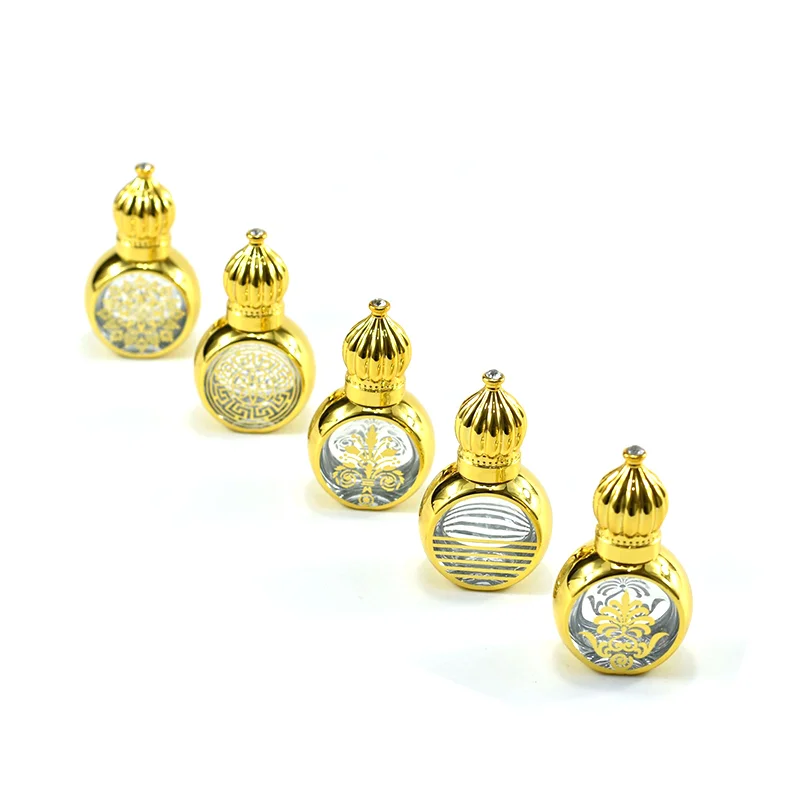
Its industries include beverages and hospitality. Innovation lies in sustainability projects that reduce glass waste and promote eco-friendly packaging. The program has received recognition from regional environmental organizations.
| Company | Founded | Core Products | Industries | Certifications |
|---|---|---|---|---|
| Solomon Breweries Limited (SolBrew) | 1993 | Beer bottles | Brewing, hospitality | Heineken global standards |
| Island Imports & Packaging | 2010s | Imported bottles | Food, beverages, cosmetics | Supplier certifications |
| Eco Recycling Solomon Islands | 2010s | Recycled glass cullet | Beverage, tourism | Environmental recognition |
Part 3: Trade Shows and Industry Events
Solomon Islands Trade & Investment Expo
This national event showcases local industries, including beverages and packaging. Glass bottles are presented by breweries, distributors, and artisanal producers.
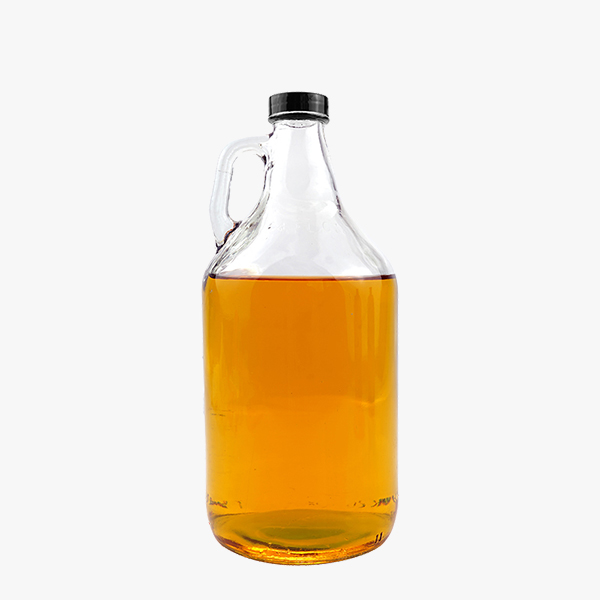
Highlights include sustainable packaging, branding for local drinks, and partnerships with international suppliers.
Pacific Islands Trade & Investment Forum
This regional event brings together businesses from across the Pacific, including Solomon Islands. Packaging solutions, including glass bottles, are part of the discussions.
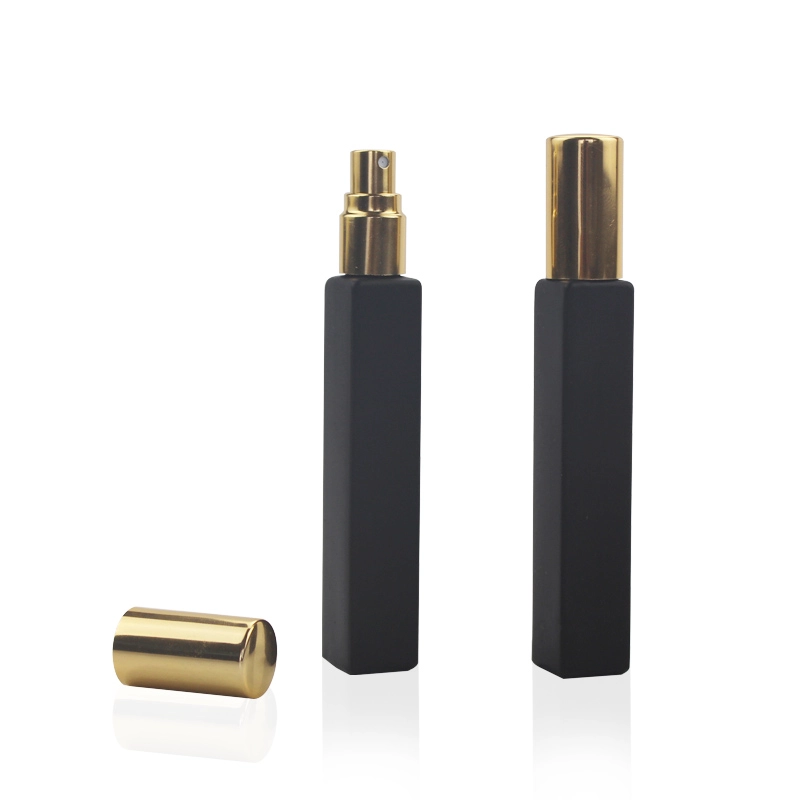
It provides opportunities for local producers to connect with regional suppliers and global packaging experts. Highlights include eco-packaging, trade networking, and supply chain solutions.
| Event | Date | Location | Highlights |
|---|---|---|---|
| Solomon Islands Trade & Investment Expo | Annual | Honiara, Solomon Islands | Local packaging, sustainability |
| Pacific Islands Trade & Investment Forum | Annual | Rotating Pacific hubs | Packaging, logistics, eco-design |
Part 4: Impact of Global Trade Policies
The Solomon Islands relies on imports for most of its glass bottles. Global trade policies and shipping costs strongly affect availability and prices.
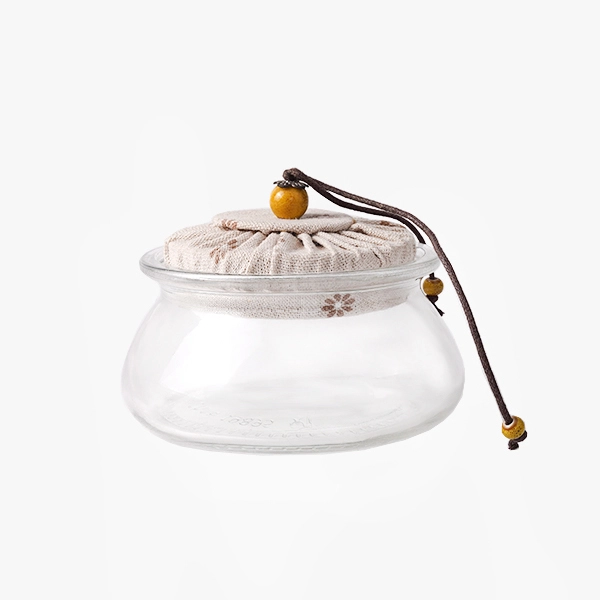
Regional trade agreements within the Pacific help reduce tariffs and improve logistics. However, long transport routes and rising fuel prices increase costs for small producers. To offset this, breweries and distributors rely heavily on recycling and bottle reuse programs.
Sustainability trends worldwide also shape local demand. Tourism-related businesses in particular prefer eco-friendly packaging, which makes glass bottles a natural choice. Recycling programs and trade partnerships are key to ensuring stable supply.
Part 5: Conclusion
The Solomon Islands does not manufacture glass bottles on an industrial scale, but demand is strong in beverages, food, and cosmetics. SolBrew leads the industry with bottle reuse, while importers and recycling initiatives provide additional supply. Tourism and sustainability drive steady growth in the sector.
Challenges include high import costs, reliance on foreign suppliers, and shipping disruptions. Yet opportunities lie in eco-friendly branding, regional trade, and recycling programs. With growing sustainability awareness, the Solomon Islands will continue to rely on glass bottles as a premium and environmentally responsible packaging solution.
Recommended Reading:
- Glass Bottle Manufacturers in Slovenia
- Glass Bottle Manufacturers in Slovakia
- Glass Bottle Manufacturers in Seychelles
- Glass Bottle Manufacturers in Senegal
- Glass Bottle Manufacturers in San Marino
- Glass Bottle Manufacturers in Rwanda
- Glass Bottle Manufacturers in Papua New Guinea
- Glass Bottle Manufacturers in Peru
Glass spray bottles 500ml Manufacturers
200ml 290ml Clear Glass Juice Bottle With Plastic lid
64 oz Clear Amber Glass Growler Wholesale
Small Rollerball Perfume Bottles With Aluminum Caps 3ml 6ml 12ml

